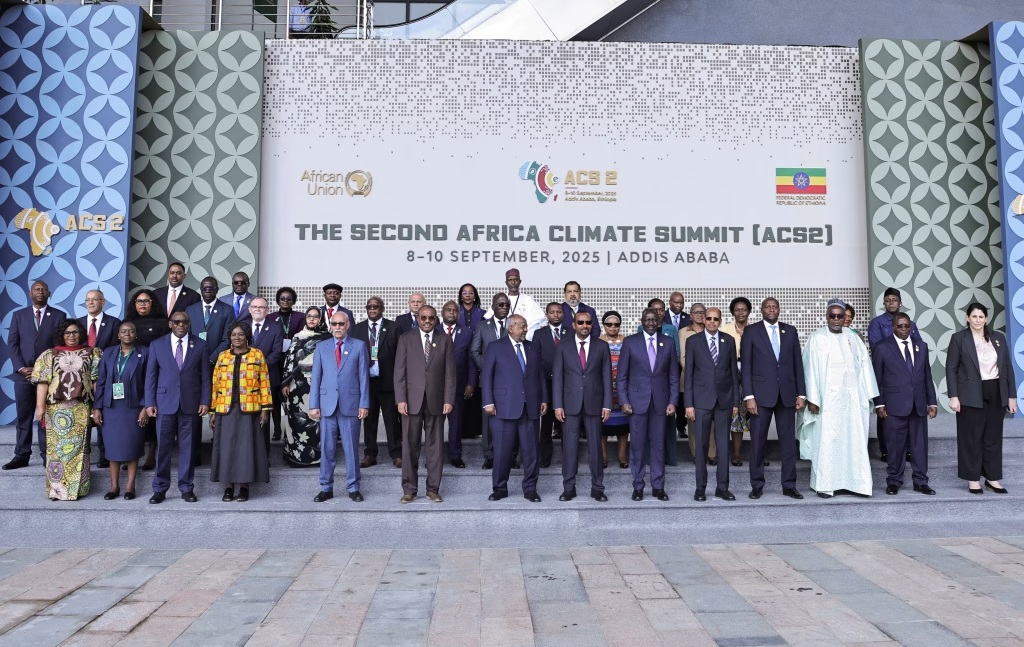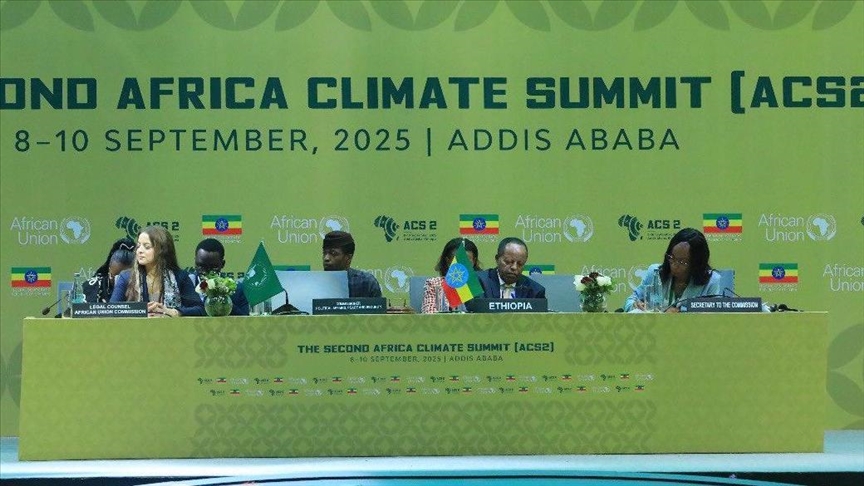
At the recently concluded Africa Climate Summit in Addis Ababa, Ethiopia, African leaders and global partners unveiled an ambitious plan to raise $50 billion per year for climate innovation across the continent. The proposal—described as the most coordinated African climate financing initiative to date—aims to fund new technologies, strengthen climate-resilient infrastructure, and empower local innovators tackling the growing impacts of climate change.
The summit brought together heads of state, policy makers, investors, and climate experts from across the world. Their central message was clear: Africa must not only adapt to climate change but also seize the opportunity to lead in green technology.
The proposed funding will be channeled through a new framework called the Africa Climate Innovation Compact (ACIC). This compact is designed to coordinate funding between governments, development banks, private investors, and technology startups to ensure that climate financing actually reaches the innovators on the ground.
Alongside the compact, leaders announced plans to establish the African Climate Facility (ACF)—a dedicated financial platform expected to mobilize both public and private capital. The ACF will provide grants, concessional loans, and technical support to projects ranging from renewable energy and clean transportation to precision agriculture and climate-smart water systems.
By 2030, the facility aims to accelerate hundreds of large-scale projects while nurturing thousands of smaller, community-driven solutions.

Africa contributes less than 4% of global greenhouse gas emissions but remains the most vulnerable region to climate shocks. Extreme droughts, floods, and unpredictable rainfall already threaten food security and economic growth across the continent.
Leaders argue that investing $50 billion annually is not merely about adaptation; it is also a strategic bet on innovation. With Africa’s youthful population and fast-growing tech ecosystem, climate solutions could become a major driver of economic transformation, creating millions of green jobs.
International financial institutions, including the African Development Bank, the World Bank, and several sovereign wealth funds, expressed early interest in backing the initiative. Private venture funds and impact investors were also urged to step in, particularly to scale startups working on renewable energy, waste management, and next-generation climate tech.
Analysts note that early participation from venture capital firms and African fintech companies could help unlock blended financing models, reducing risk for institutional investors.
Despite the excitement, experts caution that mobilizing $50 billion per year will require unprecedented levels of coordination and transparency. Clear governance structures, strong regulatory frameworks, and anti-corruption measures will be essential to ensure that funds reach the intended projects.
There is also the question of political will—both within African nations and from global partners—to sustain such large-scale financing beyond the summit’s announcements.
Still, the mood in Addis Ababa was one of optimism. If successfully implemented, the Africa Climate Innovation Compact and the African Climate Facility could place the continent at the forefront of the global green economy. For young African entrepreneurs, this initiative signals a new era in which local innovation is not only encouraged but financially supported at a scale that matches the urgency of the climate crisis.